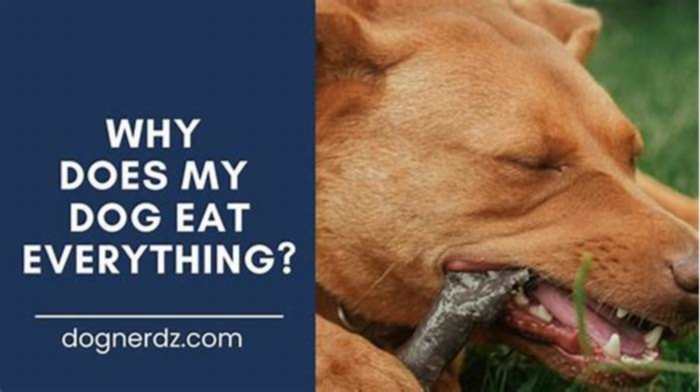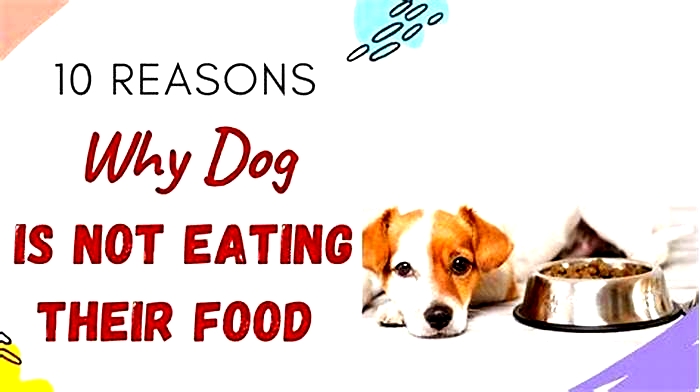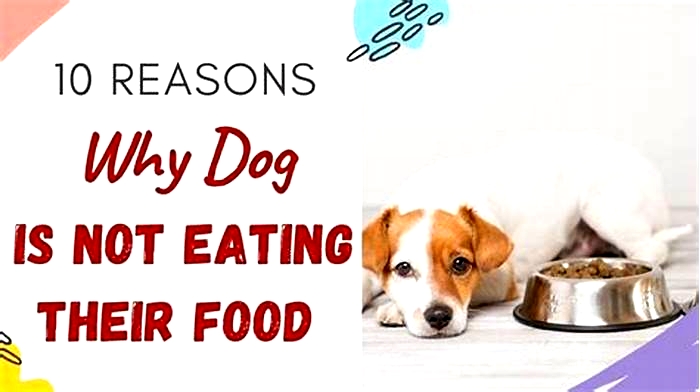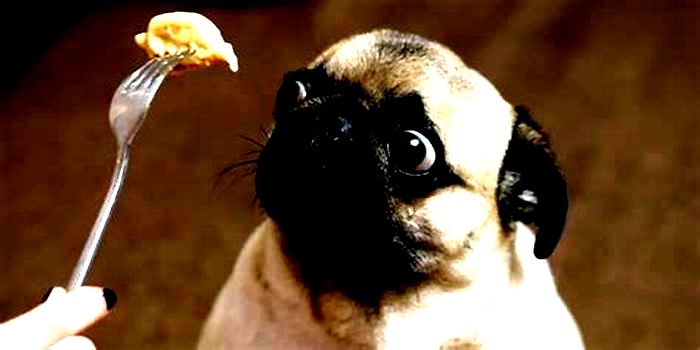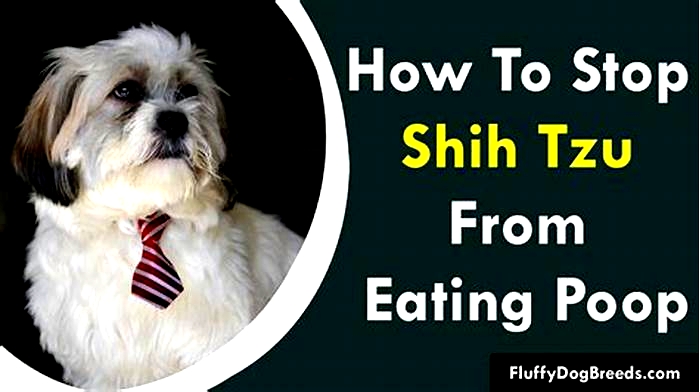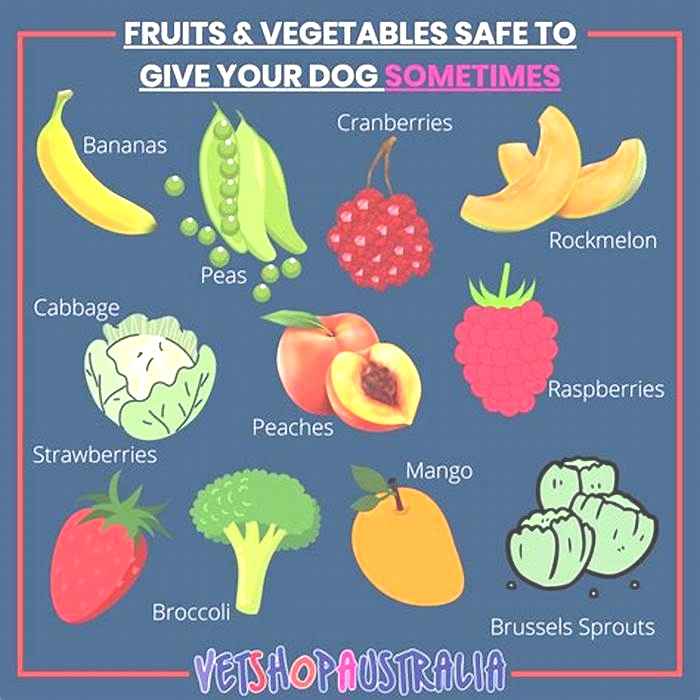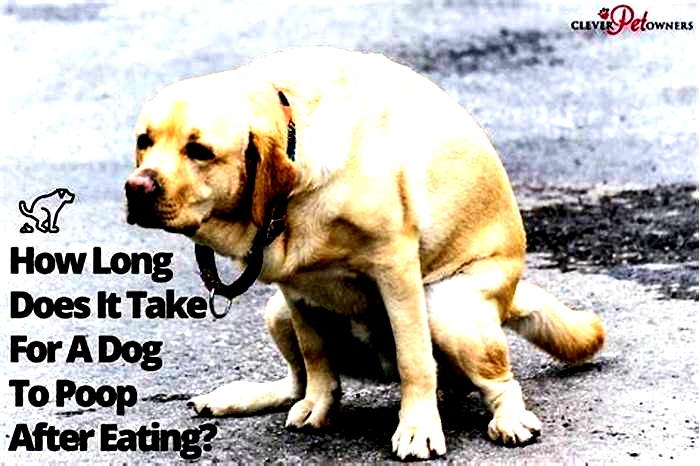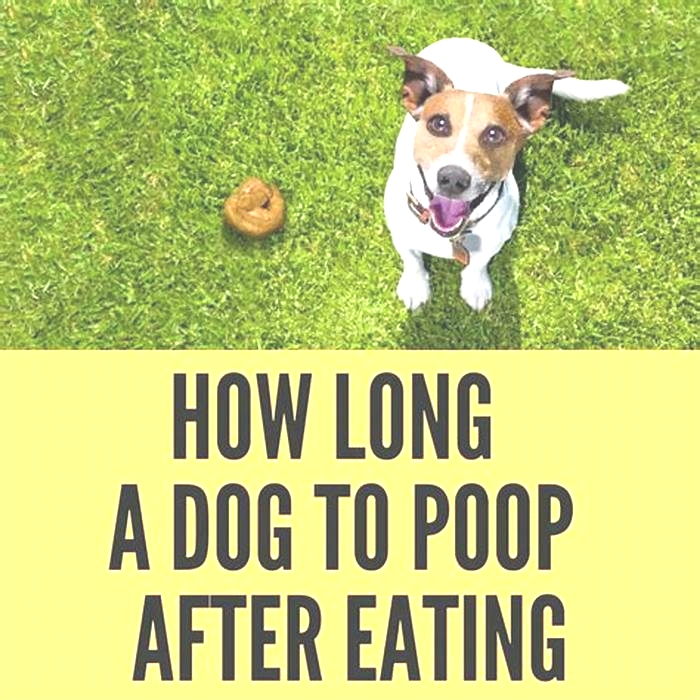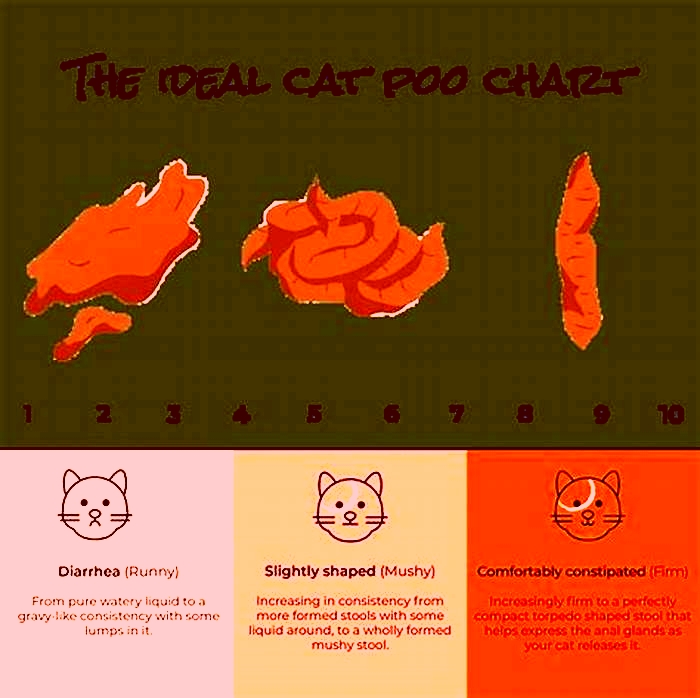Why is my dog not eating his food but will eat treats
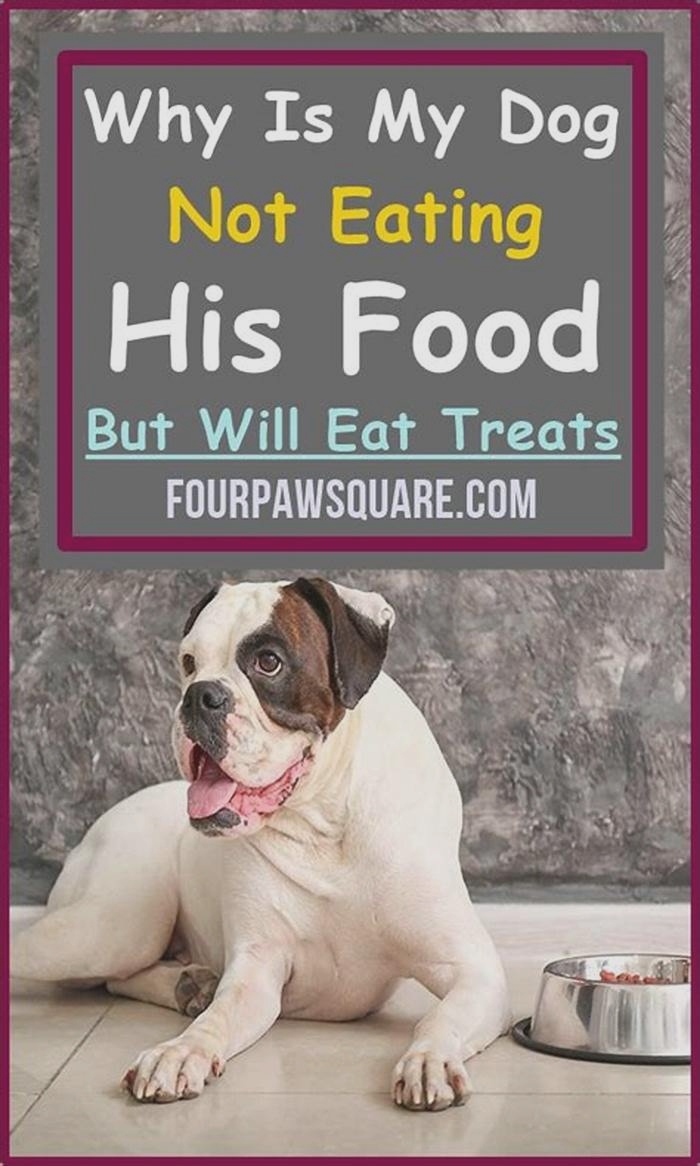
Why is My Dog Not Eating His Food But Will Eat Treats?
Vets Advice For Dogs Not Eating Their Food, But Will Eat Treats
Many of our dogs will eat anything they can get their paws on if given the chance!
So, what does it mean if your dog refuses to eat their regular pet food and is only interested in treats?
From picky eaters to underlying medical conditions, this article will discuss some of the common reasons for this behavior and what you can do about it.
So if youre continuously asking yourself why is my dog not eating his food but will eat treats? youre in the right place!
4 Reasons Why Your Dog Wont Eat Their Food

1. Illness
The first and most important reason why your dog might not be eating their food is due to an underlying illness or injury.
Even if this seems unlikely, it is important to have a veterinarian examine your dog to rule out a health problem.
Loss of appetite is a non-specific sign, meaning it can be caused by many different diseases but some of the most common include:
- Dental disease or other dental issues causing your dogs mouth, teeth or gums to be sore
- Gastrointestinal (gut) disease
- Pancreatitis (inflammation of the pancreas and associated illness)
- Diseases affecting major organs such as liver disease or kidney disease
If your dogs change in appetite is due to illness, you may notice other signs that something isnt quite right like drooling, vomiting, diarrhea, lethargy, or a sore tummy.
These signs may help your veterinarian when investigating the cause of the problem.
2. Stress
Stress is another possible cause for changes to your dogs lack of appetite or eating behavior.
There are many scenarios, some of which may not seem overly stressful to us, that can really affect your pet.
These include loud noises (such as fireworks or nearby building works), moving house, traveling in the car, a new pet, a new baby or family member, recent parties, or visits to the vet.
Some of these situations are temporary and your pets appetite should return as the stressful situation resolves.
For long-term situations, however, (such as a new pet or family member) its best to contact your veterinarian or a veterinary behaviorist for advice on how best to help your dog adjust.
3. The food tastes bad
Spoiled or moldy food is another reason your dog might be avoiding their regular pet food and choosing to eat treats.
Dogs have an incredible sense of smell and may recognize that something isnt quite right with their food and that it may be unsafe to eat and cause a stomach upset.
Check the foods expiration date and examine it for any mold, unusual odors.
You should also make sure your current storage system keeps the food dry and inaccessible to rats or mice.
Even if you cant see anything unusual, it may be worth considering trying a fresh batch over old food.
4. Picky eating
Dogs are intelligent and many of them are quick to realize that if they dont eat whats offered to them first, their owner will then offer something tastier such as a treat or table scraps.
Unfortunately, this is simply encouraging and rewarding picky eating behavior!
Why Your Dog is Only Eating Their Treats

Lets be honest everyone loves treats and dogs are no different!
Theyre designed to be tasty and given in small amounts to reward good behavior.
Treats include anything from commercial dog treats to human food to fresh vegetables in other words, anything that is fed in addition to a complete and balanced dog food.
As previously discussed, many pet owners will inadvertently encourage picky eaters by offering treats if their dog doesnt show enthusiasm towards their normal dog food.
However, its also true that some dogs may have a strong preference for the texture or flavor of their food.
For these dogs, its helpful to work out what they like and try to stick to these formulations.
Its also important to make sure that this preference isnt due to an underlying medical problem.
For example, a dog with a sore mouth preferring to eat canned or soft foods.
In households with multiple family members, also consider the possibility that someone else may have already fed the dog or been slipping them treats all day!
They may not be hungry when dinner time rolls around!
If your dog turns up their nose at their dinner, its also worth checking the bin or for access to any other food items.
If your dog has eaten something inedible, fatty, or any toxic food items such as onions, garlic, chocolate, foods containing artificial sweetener (xylitol), macadamia nuts, or grapes, contact your veterinarian immediately.
How to Get Your Dog to Start Eating Again

There are many tips and tricks to encourage your dogs appetite, however, the most important step is identifying and managing the underlying cause for your dogs change in appetite.
A visit to your veterinarian to try and rule out an underlying medical problem should be your first step.
They will examine your dog thoroughly and if they are concerned, may recommend diagnostic tests such as bloodwork, urine testing, x-rays, ultrasound exam, and examination of the mouth under sedation or anesthetic.
Remember, its a good idea to discuss any situations or changes at home that your dog might be finding stressful.
Identifying the trigger will help your veterinarian formulate a successful behavior modification plan and lifestyle adjustments that will be unique to your dogs situation (for example, firework fear).
How To Stop Picky Eating Behavior
If you suspect the reason your dog is ignoring their food and only eating dog treats is that theyre a fussy eater its time for a little bit of tough love!
- Offer the pet food you want to feed your dog and leave it in their food bowl for 15-30 minutes.
- If your dog doesnt eat it, take the food away and repeat this process at the next scheduled mealtime.
Dry dog foods works best for this method as dry food stays fresh much longer than canned or wet food once opened.
Related: What are the Best Tasting Dry Dog Foods?
Though this might seem mean, dont worry you arent starving them!
Most dogs will soon realize whats happening, call off the hunger strike and begin to eat within a day or two!
While its perfectly safe to use this method on a healthy dog, dogs with underlying health conditions, such as diabetes, should never go without their scheduled meals.
If these methods are unsuccessful, there are some other tips and tricks that can encourage picky eater dogs to eat their regular food:
- Limit treats and make sure none of your other family members are sneaking them!
- Try new food with a different flavor or texture but go slow! Trying lots of different foods or sudden changes in your dogs diet may give them an upset stomach. Gradually introduce new foods in small amounts.
- Try adding a little wet food or canned food on top of dry kibble
- Gently warm up wet dog food or try adding a little bit of broth
How To Stop it Happening Again to Your Dogs Diet

Dogs enjoy routine, so make sure theyre fed twice daily, with consistent regular meals.
The environment in which you feed should also be cleaned regularly, including your dogs food bowl and water bowl. It should also free from any stressful situations like other pets trying to steal their food!
You can also make mealtimes positive by using fun food puzzles and rewarding your dog with praise and attention after they finish eating.
Treats should always be kept to a minimum and make up no more than 10% of your dogs daily calorie intake.
Your veterinarian can help you with this and also recommend low-calorie alternatives to keep your dog at a healthy weight.
Its important to make sure the whole family is on board with this, and remember that small children may slip human food off their plates without you noticing.
Helping Your Dog Eat Their Normal Diet Again
If your dog is skipping dinner in favor of a tempting treat, it might not just be because theyre a picky dog.
Underlying health problems, medical conditions, dental problems, and stress can also contribute to a reduced appetite.
Remember, the first thing to do is to discuss any changes in eating behavior with your veterinarian, as they can guide you.
So there you have it pet parents, a comprehensive guide to why is my dog not eating his food but will eat treats. I hope this has helped you!
Check out the Best Tasting Dry Dog Foods according to the experts at Breed Advisor
When to Worry if Your Dog Isn't Eating (& What to Do)

Do you have a picky eater on your hands? A dog skipping meals is one of the most common issues that worries dog owners. Canine anorexia, the medical term for when a dog isn't eating, can be caused by a variety of health concerns, ranging from minor anxiety or stomach upset to much more serious conditions. Decode why your dog might not be eating, plus learn tricks to stimulate their appetite, and when it's time to call the vet.
Why Is My Dog Not Eating?
There are several reasons a dog might stop eating, including psychological issues like stress, and physical issues, including illness. It can be difficult to figure out which symptom - or combination of symptoms - is causing the issue. Keep in mind that evaluating your dog's appetite is complicated - there are so many factors to consider. Watch for changes in their eating habits, their body condition and weight, and any signs of illness.

1. Anxiety
Stress-related problems are among the many reasons a dog might stop eating. This is often the case with little dogs who are fussy eaters. Separation anxiety is a common cause of poor appetite in dogs. This can explain why some dogs only eat when you're around. Sometimes, an anxious dog won't eat while their owner is away, be it for an hour or a week. Others suffer anxiety with thunderstorms, fireworks, or other loud events that trigger an attack of nerves that can affect the appetite for days.
2. Pickiness
If your dog knows you just opened a new bag of treats or you have chicken in the oven, they might not eat their own dinner out of pickiness. Some dogs are also social eaters and only like to eat when other pets or people are around.
Quick Tip
Stick to a regular feeding schedule for your dog. This can help keep fussy eaters on track and eating consistently.
3. Travel
Dogs who have moved or are traveling with you may stop eating due to the stress of their new surroundings, but also because of physical issues surrounding these life changes, such as motion sickness. Your veterinarian can prescribe medication for the stomach upset and for anxiety, as well.
4. Digestion Issues
Indulging in too many treats can cause an upset stomach, which could make your dog too nauseous to eat. Rich foods can cause a serious condition in dogs called pancreatitis, so if your companion ate something very fatty, keep a close eye on them. Constipation can also severly reduce a dog's appetite. Take them to your vet right away if they show signs of a painful belly, vomiting, or diarrhea.
5. Worms
Intestinal worms are another common health issue that can cause a lack of appetite in dogs. A worm infestation can cause dogs to stop eating, and it's often accompanied by lethargy, weakness, and a bloated abdomen. If your dog has these symptoms, take them to your veterinarian to diagnose the particular parasite involved for effective treatment.
6. Depression
Depression in dogs follows much the same path as it does in humans, often heralded by lethargy, moodiness, and loss of appetite. Your dog's depression can be triggered by an event, such as the loss of a beloved family member, a move from one home to another, or, as in humans, a chemical imbalance can be to blame. If this is the case, treatment options are available that can help your furry friend recover their spunk.
Quick Tip
It can help to keep a food journal for your dog, writing down what and how much they eat every day, and any symptoms they may have. That way, you will notice problems early and can respond quickly.
7. Dietary Indiscretion
If your dog is fond of sneaking into the garbage, this can cause a condition commonly called "garbage gut" that can range in severity from a day or two of vomiting to a serious poisoning incident or an intestinal blockage that can be fatal. It's a good idea to call your vet if your dog stops eating after a midnight garbage raid. That way, you can be sure your faithful companion has not eaten something that could have disastrous effects.
8. Vaccinations
Some dogs can feel a little down in the dumps after getting vaccinations, which may lead to a low appetite for a short period. Usually, this lasts no more than a day or two, but if it goes on longer, or you notice any other signs of a vaccine reaction, contact your veterinarian.
9. Dental Disease
In addition to minor dental issues, such as a sore tooth, dogs can refuse to eat if they're suffering from major dental issues, including tooth root abscesses or a tumor in the mouth. Bring your dog in for a check-up right away if you notice any bleeding or growths in your dog's mouth.
10. Systemic Health Problems
Serious conditions that can cause a drop in appetite include thyroid problems, heart disease, pulmonary disease, kidney failure, and cancer, among many others. You may not notice accompanying symptoms in the beginning stages of many of these conditions, so take any decline in appetite with no obvious cause seriously.
Additional Causes for Canine Anorexia
In addition to the causes mentioned above, other issues that can make a dog stop eating include:
- Excessively warm weather
- Pain, usually from an injury or joint condition like arthritis
- Viruses or infections, such as parvo
- Pancreatitis
- Bloat, also known as Gastric Dilatation Volvulus
- Ulcers
- Breeding activity
- Chemotherapy or radiation treatments
Is My Dog Just Picky, Or Is It Serious?
Dogs sometimes skip a meal or even two, and they might turn up their nose at their food if you give them the same thing every day. This is fairly normal behavior, and waiting a few hours will probably resolve the issue once they figure out that they're hungry. However, if you see a sudden change in your dog's eating habits, and they flatly refuse to eat, something may be up. Follow these tips to help evaluate your dog's lack of appetite:
- Note your dog's age and health: If they're older, have digestive issues, or other health conditions, eliminate these as causes first.
- Watch your dog's behavior: Look closely for signs of anxiety, stress, or any changes in eating habits.
- Consider external factors: Life changes, such as a move or the arrival of a new pet or baby, or one-time events, such as vaccination, could be affecting their appetite.
Sudden changes are the red flag here. Take these three factors into consideration as you evaluate your dog. Eliminate potential health issues first. Next, address the behavioral component, and any events that may have impacted your dog's appetite. If you've looked at all of these things, spoken with your veterinarian, and your dog seems fine otherwise but is still turning their nose up to food, you might have a picky eater on your hands.
Tricks to Stimulate Your Dog's Appetite
If your dog seems to be acting normally with no other symptoms, there's no need to panic. Some dogs skip a meal but are enthusiastic eaters the next time. However, you don't want your dog to go too long without food, so there are a few things you can do to encourage them to eat.
- Warm their food. Warming the food before serving can entice a picky eater to eat. Zap it in the microwave for only a few seconds at a time to make sure it's not too hot for your dog - luke warm is the goal.
- Offer chicken or baby food. A few bites of a tasty yet bland food, such as boiled chicken or chicken baby food, can whet a dog's appetite. Make sure it doesn't contain any harmful additives like onion.
- Add some broth. The addition of warmed chicken or beef broth can stimulate your dog to eat their food. Use low-sodium broth or stock without any seasonings or additives.
- Try hand-feeding. Get down on the floor with your dog and offer them food from their bowl directly up to their mouth. If they're stressed, this can help them feel safe and calm enough to eat. However, only attempt this if your dog isn't food aggressive and there's no risk of them biting you.
- Withhold food. Some experts recommend withholding food for 12 hours to give the dog's digestive system a bit of time to recover. This can also allow your dog to become hungry and see if that encourages them to eat. However, never withhold food from puppies.
- Go for a walk. Getting in some movement could make your dog hungry, but it can also stimulate a bowel movement, which can help make your dog feel better if they're not eating because they're constipated.
-
Make sure they have water. Never deny your dog water. Keep plenty of fresh water available for your dog at all times. A thirsty dog may not want to eat.
- Talk to your vet. Whether your dog is a notoriously picky eater or this is the first meal they've ever skipped, it's never a bad idea to check in with your vet. They can provide personalized guidance or may even feel the need to prescribe an appetite stimulant.
Fast Fact
A dog should go no more than 24 hours without eating.
Consider a Switch to a New Food
Sometimes, dogs get tired of the same old thing. If your dog is just acting picky, and you're pretty sure they don't have an underlying medical condition after you consult with your veterinarian, it may be time to look at new dietary options. Poor nutrition and boredom can both play a role in a dog being fussy about their food.
You might want to try a raw diet, or you may just decide to start making their food at home. It's also possible to supplement with raw, or try a food topper by adding nutritional yeast to their diet. Talk to your vet about what your dog might be missing nutritionally, and if you decide to make the switch, go slowly to keep your dog from experiencing digestive upset. As long as you're careful, rotating your dog's diet and making changes can help revive your picky eater's appetite.
When to See a Vet if Your Dog Is Not Eating
Many dogs will occasionally skip a meal, and some will even skip two meals. You should contact your vet if your dog has gone more than 24 hours without eating. You should also see your vet immediately if your pet displays other symptoms, including:
- Fever
- Constipation
- Diarrhea
- Vomiting
- Low energy
- Refusing to drink water
- Showing obvious sign of pain or discomfort, such as limping, difficulty moving, restlessness
- Panting or labored breathing
- Drinking more water than usual (polydipsia)
- Unusual behavior for your dog such as hiding, shyness, trembling, confusion, or anything that seems "unlike" them
Puppies Who Aren't Eating
Puppies who will not eat are a particular source of concern, as they are in their initial growth stages, where eating and putting on weight are essential to their development. Puppies can also become dehydrated and develop low blood sugar very quickly if they don't eat. If you have a puppy who is 6 months or younger, bring them to your veterinarian if they have not eaten in eight to 12 hours.
You Know Your Dog Best
No one knows your dog's eating habits and other behaviors as well as you do, so use that knowledge to help your pet. If you know your dog is a picky eater, there might not be an immediate cause for alarm. But if you know they are normally a hearty eater, this sudden change in behavior may be a cause for concern. Don't hesitate to call your vet for advice if you're unsure to gain peace of mind.
2024 LoveToKnow Media. All rights reserved.


